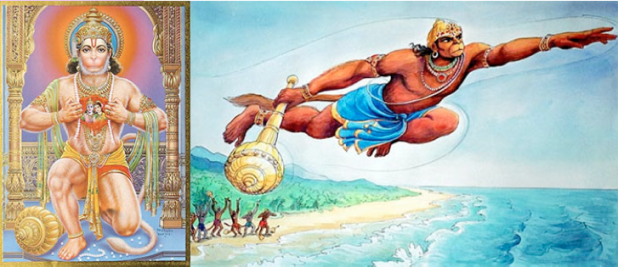Sanskrit:
Salabhasana (sha-la-BAHS-ana) Salabha = a locust; asana = pose
Benefits/Purpose:
Locust pose strengthens the back of the body, especially the shoulders, arms, and back. It stretches the chest and abdomen. Like most backbends, it’s a great antidote to the effects of modern life—reversing the effects of being hunched over the computer/cell phone or slouched on the couch.
How to Practice:
- Lie on your belly with your legs extended back, hip width apart and arms alongside the body, palms down. Bring chin or forehead onto the floor to elongate neck.
- Press the front of the pelvis into the floor and elongate through your toes and the crown of your head. Stretch your tailbone toward your heels to lengthen the lower back.
- Lift your head and chest off the floor, lifting the crown and lengthening the neck, and lift your legs off the floor as you continue to lengthen out through the toes.
- Raise your arms off the ground and slightly away from the body. Reach back through your fingertips.
- Bring big toes together and hug thighs toward each other.
- To release, lower your chest, arms, and legs back to the floor. Rest in Crocodile Pose.
- Palms facing up.
- Lift and lower with your breath, avoiding the hold.
- Only lift the upper body.
- Keep hands on the ground.
- Lift one leg at a time.
- Half Locust/Boat: lift one leg and the opposite arm, alternating sides.
- Hands on the ground under the shoulders, like in Cobra.
- Extend arms out wide, shoulder level, or forward, like “Superman.”
- With chin on the floor, bring arms underneath torso with pinkies together, palms down. Push your arms into the ground and lift legs and belly off the floor, eventually bringing legs overhead.
- Strap around feet, holding with both hands.
- Blanket under pelvis.
- Small bolsters or rolled blankets crosswise under upper thighs and rib cage.
Check with your health care provider before beginning any physical practice. If you have high or low blood pressure, or back, neck or abdominal pain, try Sphinx Pose first. If you have weak back muscles, move in and out of the posture with breath to strengthen. Avoid this pose after the first trimester of pregnancy, if you have inguinal hernia, or if you had recent abdominal surgery.
As always, if a posture causes pain, come out of it immediately. Ask a qualified yoga teacher for assistance.












 RSS Feed
RSS Feed